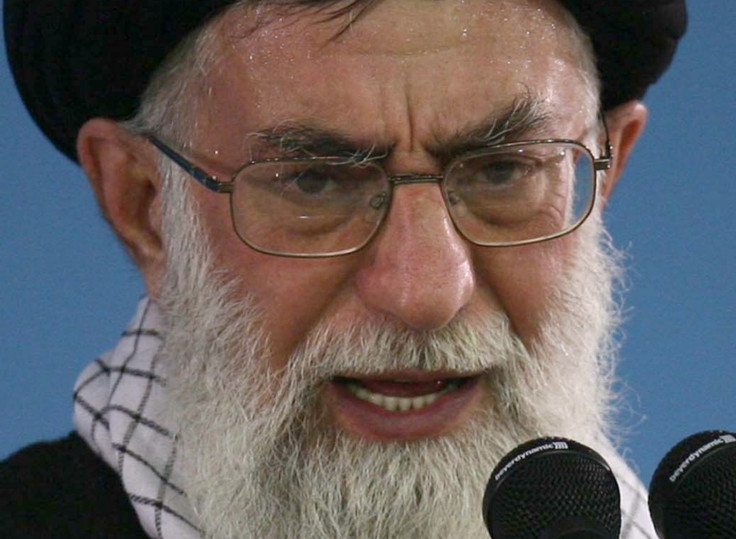Iran searching for Ayatollah Khamenei's successor amid concerns over leader's health

Iran's top assembly of clerics has actively begun looking for a successor to Supreme Leader Ayatollah Ali Khamenei. The council tasked with choosing the next leader has already begun compiling a list of potential candidates who would take over from Khamenei.
The news about the hunt has surfaced in public – breaking the Islamic republic's tradition of keeping such affairs secret – after former president Akbar Hashemi Rafsanjani spoke about the ongoing process.
"The assembly of experts will act when a new leader needs to be appointed. They are preparing for that now and are examining the options," Rafsanjani, a close ally of moderate President Hassan Rohani, told the ILNA news agency, according to a translation provided by Reuters.
In a rare public acknowledgment, he added: "They have appointed a group to list the qualified people that will be put to a vote [in the assembly] when an incident [such as Khamenei's death] happens." Rafsanjani said instead of a single Supreme Leader, the assembly of clerics can also choose "a council of leaders if needed".
Khamenei, 75, underwent a successful prostate cancer surgery in September 2014. Even at that time, talk about his successor did not surface in order not to invoke the wrath of the authorities. Khamenei was chosen in 1989 following the death of his predecessor Ayatollah Khomeini.
The Assembly of Experts for the Leadership – known as Majles-e Khobragan Rahbari – is a council of between 82 and 88 elected representatives, who have the power to choose and even dismiss the Supreme Leader of Iran. However, in practice, the body remains a rubber stamp organisation of the ruling leader, who wields the highest authority in the country.
Members of the assembly are elected roughly once in 10 years and the next elections are scheduled to take place in February 2016. Rafsanjani's latest remarks are suspected to be aimed at drumming up support for Rohani-like moderates in the assembly, while also capitalising on the domestic popularity of the successful nuclear deal with the world powers.
© Copyright IBTimes 2025. All rights reserved.






















